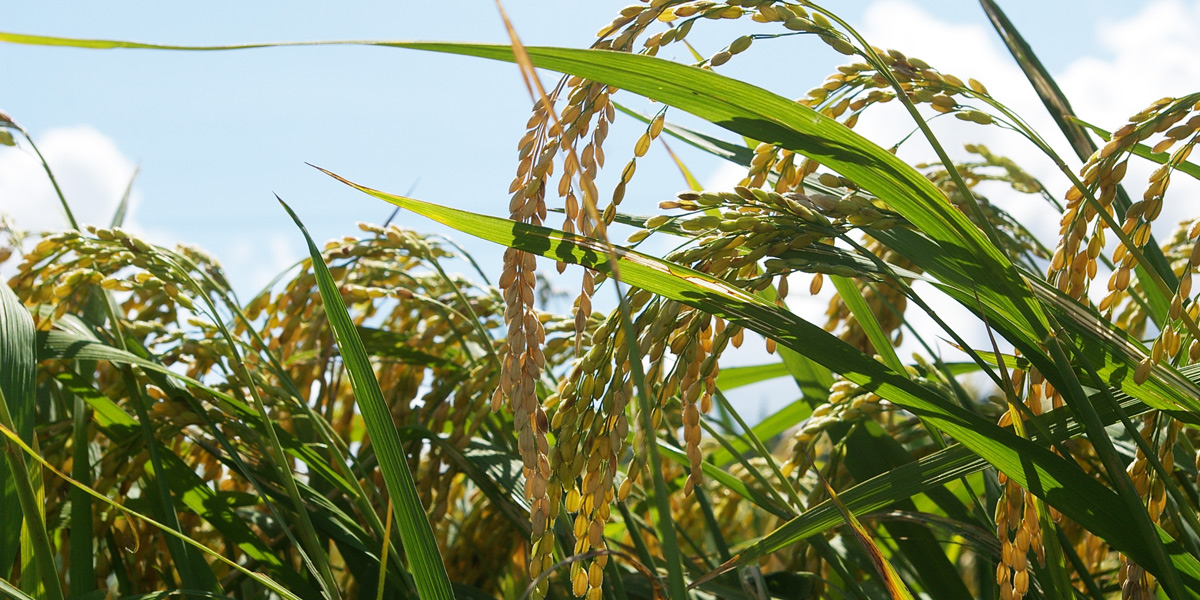
First experimental release of "new GM" rice planned in Italy
A first European field trial with "new genomic techniques" (NGT) rice is supposed to be started in Italy this year, reports Testbiotech. The plants are supposedly resistant to the rice blast fungus Pyricularia oryzae, which can lead to crop failure. Some other European countries such as Belgium, the UK, Sweden and Switzerland are also planning to release NGT plants, or are already doing so.
The gene combination of the NGT rice is different from those as obtained by conventional breeding: three genes in the plants were genetically engineered all sited on the same chromosome, with two of them very closely to each other. Therefore, it seems to be hardly possible to achieve such a gene combination with conventional breeding. The targeted genes have a variety of functions, and include the elimination of a gene function capable of increasing resistance to other plant diseases. At the same time, it is also unclear whether the interactions between the NGT plants and its associated soil organisms will change. As the example shows, NGT plants need to be thoroughly tested for environmental risks before they can be used in agriculture.
Testbiotech criticises the fact that the trials will be conducted in a rice growing region. Despite safety precautions, the new gene combinations may thus find their way into related weedy rice plants. The new gene combinations could persist within weedy populations and show other surprising effects in the cultivated plants. In addition, the genes could also spread to surrounding fields.
Release trials are also being carried out in other European countries. Most of them are currently taking place in the UK, where tomatoes, wheat and potatoes, amongst others, are being grown experimentally in open fields. Plants obtained from new genetic engineering have already been largely deregulated in the UK, while consultations in the EU are still ongoing.
According to a Testbiotech analysis, NGT plants would actually have to be tested for risks and undesirable properties under controlled conditions in the laboratory and greenhouse and, particularly in the case of new gene combinations, also in the field before they could be used in agriculture.
Similar conclusions are made by the French authority ANSES (l'Agence nationale de sécurité sanitaire de l'alimentation, de l'environement et du travail), the German authority BfN (Federal Agency for Nature Conservation) and the Austrian UBA (Environment Agency Austria). These institutions have all come to the conclusion that NGT plants must first be examined in detail before any conclusions can be drawn on their safety.
In contrast, the EU Commission is proposing that plants, such as the Italian rice, should only need to be registered and not undergo mandatory risk assessment.
Further information:
Link to field trial
Testbiotech project on NGT field trials
Background on NGT Brassicaceae (Project Genetic Engineering and the Environment)
Background on NGT poplar (Project Genetic Engineering and the Environment)
Testbiotech background on NGT rice